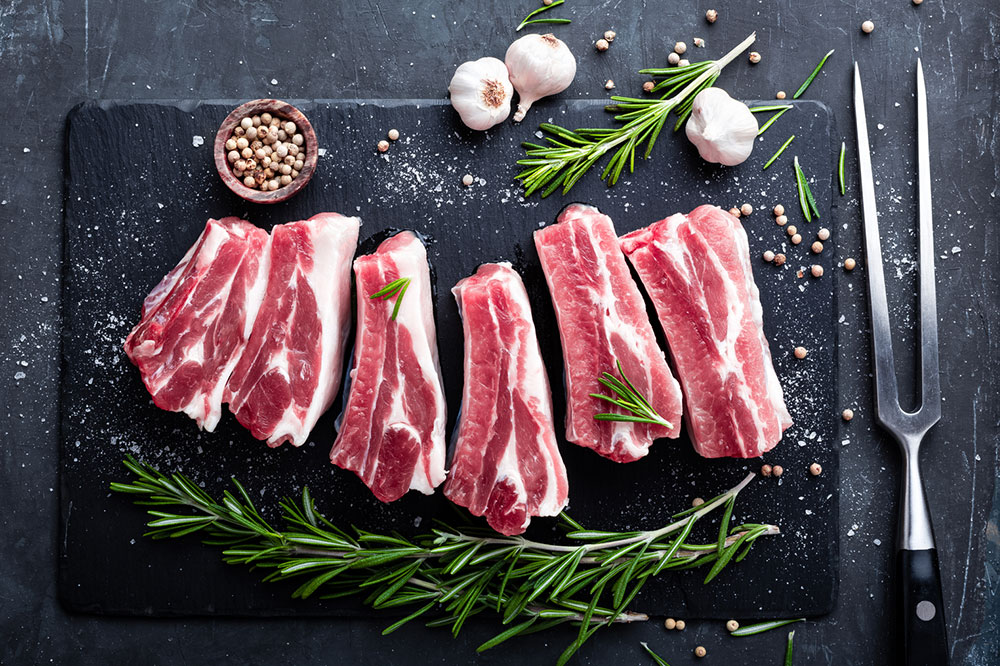4 foods to avoid when dealing with multiple myeloma

Multiple myeloma is a type of cancer that affects the plasma cells, which are a crucial component of the body’s immune system. Common treatment options for this disease, such as chemotherapy, can affect one’s appetite and make one feel overwhelmed and tired. This can make it challenging to get the right nutrition. Further, as multiple myeloma also weakens the immune system, it is important to steer clear of foods that can make one sick.
Raw or undercooked meat
Raw or undercooked foods are the most common cause of food poisoning. Cooking meat helps destroy any harmful bacteria. Due to this, those undergoing (or have recently undergone) treatment for multiple myeloma must avoid the following:
Cold hot dogs or deli lunch meat if these are not cooked or reheated until the meat is steaming hot
Dry-cured, uncooked salami
Smoked fish
Refrigerated pâté
Raw or undercooked shellfish, such as oysters, may carry the Hepatitis A virus until not cooked properly
Sushi and sashimi
Undercooked eggs—soft-boiled, over-easy, or poached
Foods containing raw eggs, such as raw cookie dough
Unpasteurized dairy/drinks
Raw milk can carry dangerous bacteria, such as E. coli or Salmonella, that can wreak havoc on a weakened immune system. People with multiple myeloma must avoid foods made from unpasteurized dairy products such as raw milk yogurt or soft cheeses like blue-veined, Brie, Camembert, feta, goat cheese, and queso franco/Blanco. Unpasteurized fruit juices and cider must also be avoided.
Unwashed fruits and vegetables
Raw produce can often increase the chances of developing an infection if it is not cleaned properly. While fruits and vegetables are rich in antioxidants that help the body rebuild its strength to fight off cancer, eating unwashed fruits and vegetables may make the immune system weaker. One should thoroughly clean the fruits and vegetables before adding them to meals.
Alfalfa sprouts
Raw sprouts such as alfalfa or mung bean carry the risk of foodborne infection. This is because seeds and beans need warm and humid conditions to grow, which are also ideal for the growth of bacteria like Salmonella, listeria, and E. coli. People undergoing treatment for multiple myeloma are already immunocompromised, so they should avoid raw sprouts.
Those with multiple myeloma must opt for healthy foods that can provide essential nutrients and help them manage the side effects of the treatments. For instance, recent studies have shown that certain fruits and vegetables with ursolic acid can complement cancer treatment due to their cytotoxic nature. These include apples, basil, rosemary, and cranberries. Cruciferous vegetables like cabbage, broccoli, cauliflower, and Brussels sprouts contain isothiocyanates, which are also known to exhibit anti-myeloma properties. Overall, experts recommend relying on plant-based foods as the primary source of nutrition and reducing sugar intake to support the treatment options. One should consult a healthcare professional before making drastic changes to one’s daily meal plans.



